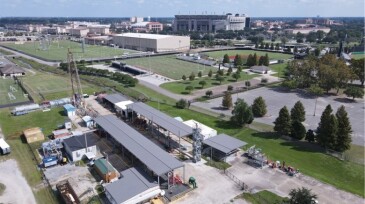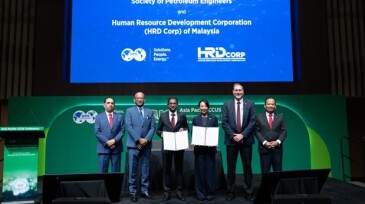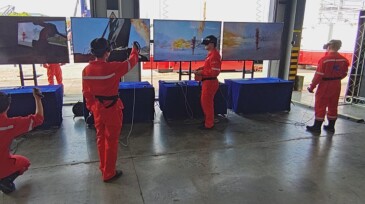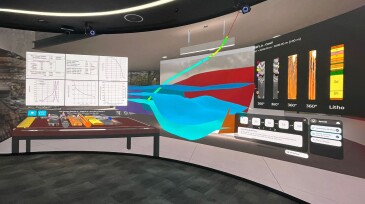training
-
For more than a century, LSU has shaped petroleum engineering education, but few assets showcase its impact like the PERTT Lab. With six deep test wells and rare reservoir-depth gas-injection capabilities, the facility is helping drive breakthroughs in well control, carbon-dioxide injection, and next-generation energy technologies.
-
This paper explores the evolving role of the digital petroleum engineer, examines the core technologies they use, assesses the challenges they face, and projects future industry trends.
-
Launched by the SPE Integrated Reservoir Management Technical Section, this initiative provides young professionals with opportunities to apply next-generation skills, build confidence, and develop leadership capabilities, preparing them to guide the industry forward.
-
The SPE Asset Management Technical Section (AMTS) is teaming up with the University of Houston to launch a pilot program that advances asset management practices and supports the growth of energy professionals worldwide—setting a model for future collaborations between universities and SPE technical sections.
-
The Human Resource Development Corporation and Society of Petroleum Engineers Asia Pacific signed a memorandum of understanding to support the development of a future-ready energy workforce and strengthen Malaysia’s position as a regional hub for technical expertise and innovation.
-
Through realistic simulations, virtual reality allows for an unprecedented level of immersion and interactivity that traditional training methods cannot offer.
-
Although 92% of energy companies say they plan on digital technology investments, only 27% currently retrain and reskill existing employees to meet the upcoming demand, according to a recent survey from Ernst & Young.
-
This paper presents a comprehensive synthesis of available research evaluating the influence of gamification on cognitive, motivational, and behavioral learning outcomes.
-
Virtual reality and related visualization technologies are helping reshape how the industry views 3D data, makes decisions, and trains personnel.
-
Marshall Watson, SPE member, professor, and chair of the petroleum engineering department at Texas Tech, helped train the crew of Paramount’s new series "Landman" to portray the industry authentically.
Page 1 of 6










